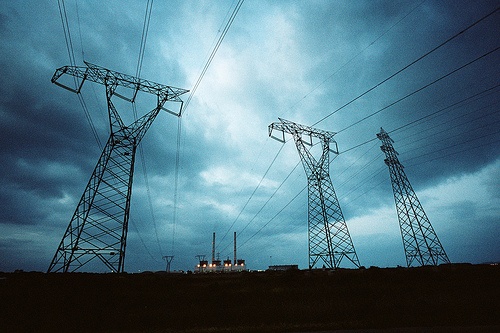Readers of this blog are more than familiar with smart grid benefits: information, choices, more responsive utilities. Opportunities to conserve energy, save money, and bring a whole new set of energy sources to the grid.
And yet, opposition remains. Some of it stems from fear of the electromagnetic energy generated by smart meters, and some of it centers around potential privacy violations.
Tom Evslin addresses both of those fears at Vermont Digger. The debate continues, even as smart grid initiatives push inevitably forward.
inevitably forward.
Which raises the policy question of what to do when some want a smart grid, and others don’t.
Evslin outlines four choices:
1. Deny everyone the benefits of a smart electric grid because a few people don’t like smart meters.
2. Require everyone to have smart meter if they want to buy electricity, just as we require everyone to have a conventional meter today.
3. Allow people to opt out, and have everyone pay the extra costs of manual meter-reading – and the costs arising from information gaps.
4. Allow people to opt out, but charge them the extra cost that choice imposes on the system as a whole. In other words, if you don’t want a smart meter, you don’t get a share of the benefits of the smart grid.
Some utilities are already grappling with the issue.
How will your organization decide?
